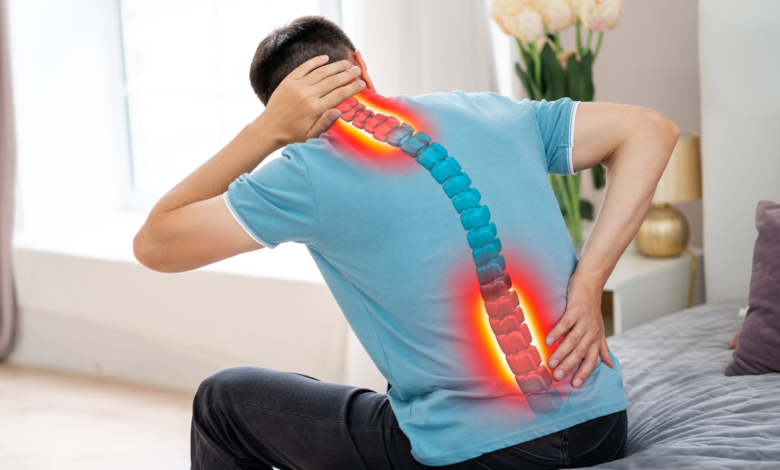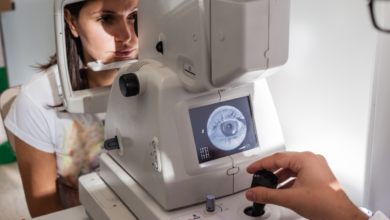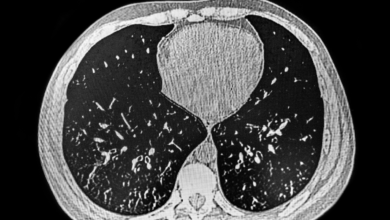Osteoporosis

What is Osteoporosis?
Osteoporosis is a bone disease characterized by decreased bone density and increased risk of fractures. It occurs when the body loses too much bone tissue or fails to produce enough new bone tissue.
what are the symptoms of Osteoporosis?
Symptoms of Osteoporosis:
- Fractures: Often in the hip, spine, or wrist.
- Loss of height: Over time, the bones may become weaker and shrink, leading to a loss of height.
- Posture changes: Slouching or hunching may occur due to weakened bones in the spine.
- Back pain: Pain may result from collapsed vertebrae.
who can suffer from Osteoporosis?
Osteoporosis is more common in women after menopause and in men over the age of 50. However, anyone can develop osteoporosis, especially those with certain risk factors:
- Age: The risk increases with age.
- Sex: Women are more likely to develop osteoporosis due to hormonal changes after menopause.
- Family history: A family history of osteoporosis increases the risk.
- Diet: A diet low in calcium and vitamin D can contribute to osteoporosis.
- Lifestyle factors: Smoking, excessive alcohol consumption, and lack of physical activity can increase the risk.
- Medications: Certain medications can affect bone density.
What are the types of Osteoporosis?
Types of Osteoporosis:
- Primary osteoporosis: Occurs without an underlying medical condition.
- Secondary osteoporosis: Caused by another underlying health condition, such as hyperparathyroidism or certain medications.
Which diagnostic tests are available for Osteoporosis?
Diagnostic Tests for Osteoporosis:
- Bone density test: Measures bone mineral density using dual-energy X-ray absorptiometry (DEXA).
- Blood tests: May be used to check for underlying medical conditions that can affect bone density.
- X-rays: Can help identify fractures or other bone abnormalities.
What is the treatment of Osteoporosis?
Treatment of Osteoporosis:
Treatment for osteoporosis focuses on preventing fractures and improving bone strength. It may include:
- Medications: Bone-building medications, such as bisphosphonates, can help increase bone density.
- Calcium and vitamin D supplements: These nutrients are essential for bone health.
- Weight-bearing exercises: Activities like walking, running, and dancing can help strengthen bones.
- Fall prevention: Measures to reduce the risk of falls, such as removing tripping hazards and using assistive devices.
Which diet I should take, if any ?
A diet rich in calcium and vitamin D is essential for bone health. Foods like dairy products, leafy green vegetables, and fortified cereals are good sources of calcium. Vitamin D can be obtained from sunlight exposure or supplements.
Which speciality of the doctor will treat Osteoporosis?
- Rheumatologist
Is Osteoporosis completely curable ?
While there is no cure for osteoporosis, treatment can help prevent fractures and improve bone health. Early diagnosis and appropriate treatment are essential for managing the condition.





